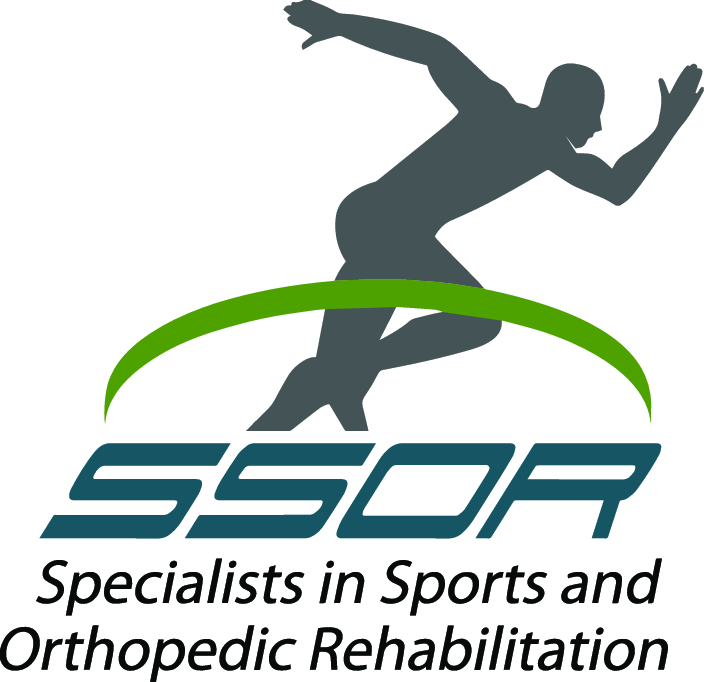We’ve all woken up with a stiff neck or a sore shoulder after sleeping in an irregular position. For people who are already suffering from a neck or shoulder injury, however, this issue can be even more difficult and excruciating to deal with. The way we sleep and factors such as the mattress and pillow we sleep on can play a key role in managing pain related to an existing condition or injury.
If sleep is playing a negative role and you are waking up in worse pain than you went to bed with, it’s important to take action. In addition to providing in-clinic treatment sessions, physical therapists can also provide instruction on lifestyle and ergonomic factors, including sleep. For a basic understanding of how changing certain habits can help you avoid neck and shoulder pain while sleeping, we’ve prepared the following guide.
Tips for better sleep when managing neck and shoulder pain
No matter what your underlying condition is, here are some ways to help get a better night’s sleep if you’re dealing with neck and shoulder pain:
- It’s highly recommended to sleep on your back or side for both neck and/or shoulder pain. If you sleep on your side, don’t lie on the side with the injured shoulder.
- Pillows and mattresses with a medium firmness can provide the right level of support without being too rigid. Newer memory foam pillows and mattresses can conform to your body and help evenly distribute pressure.
- Develop a bedtime routine that involves lowering the lights, relaxing, listening to calming music. Many people with neck and shoulder pain also take a warm shower to relax their muscles before bed.
Combined with other treatment options and healthy lifestyle choices, getting a good night’s sleep that minimizes stress on the neck and shoulders can help you overcome your pain and get back to a better quality of life.
Come to SSOR for neck and shoulder pain relief
The caring and highly trained team at Specialists in Sports and Orthopedic Rehabilitation believes in treating the whole patient. This means that in addition to providing evidence-based physical therapy practices in our clinics, we also develop individualized treatment plans that address many of the common lifestyle factors that contribute to the sources of pain and limited mobility.
To learn more about how we can help you find relief, contact us today and schedule your initial appointment.

